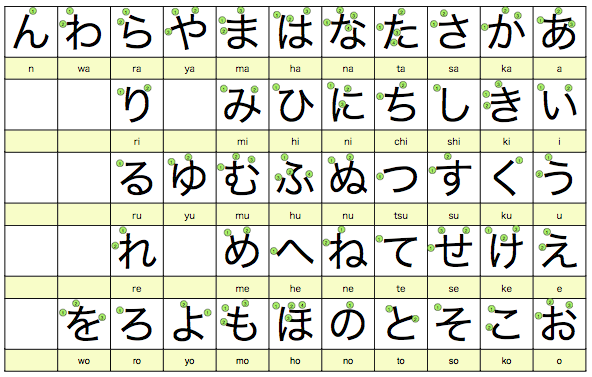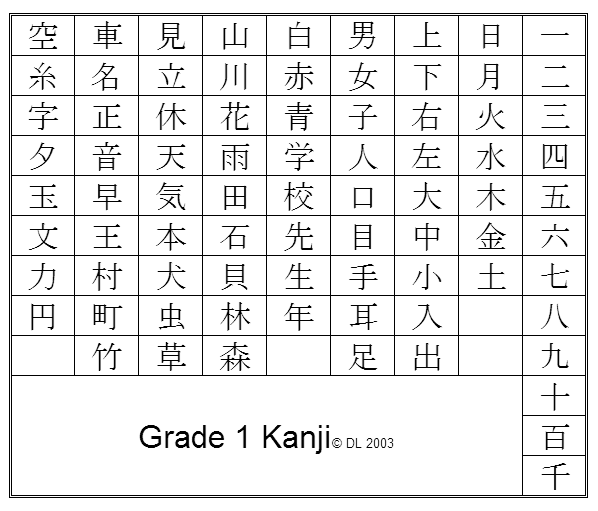Ah,
@redblood got the jump on me...
Now, since I rarely stick to one genre of anime I pick up some odd things. Of course I train some aikido so I learn some things there as well.
Here's my additional input on addressing people~
- kouhai is used for indirect referral. If you call a person 'kouhai' directly (like "hello x-kouhai") you actually display some arrogance. It's mostly used indirectly like "this person is my kouhai x-kun" and "I can ask my kouhai at my club/work/school. It's not a normally accepted suffix.
- shi is a suffix used professionally, mostly in work-relations and is an intermediary between -sama and -san, respectful and accepted form
- dono is a very old-fashioned suffix meaning "lord", usage should be obvious there
- addressing by your family name (surname) is the most common and the including -san as a suffix. Safe yourself there and go with that if you ever go to Japan.
- your name (first name) is a representation of your person, thus being called by your name is very intimate
Now, common words and phrases that have been missed/bypassed/unelaborated:
"Domo arigatougozaimashita" is the most formal way of saying "thanks". You basically say: "Thank you very much." You drop the "Domo" first to lessen the formality, then use "arigatougozaimasu" to be even less formal then lastly use either "arigatou" or "domo" for simplicity and informality.
Then there's apologizing and that's pretty complicated in a way... People use "sumimasen" mostly, both as an apology and a thanks depending on situation. It can mean: "Sorry for the trouble" or "I'm sorry."
"Gomenasai" is a straight out apology.
"Moushiwakuarimasen" - ... *sigh* I'm not even sure I spelled that one correctly. It's a very polite apology, very humble and you are almost apologizing for you very existence in some cases.
"Otsukaresama" is "thank you for your hard work. Informally you can say "otsukare" instead of adding the "sama"
Okay, now it's a wall of text. I might add some more later if I feel like it, I haven't even covered "osakini ittekimasu" or "onegaishimasu" yet... Not to mention the greetings.







